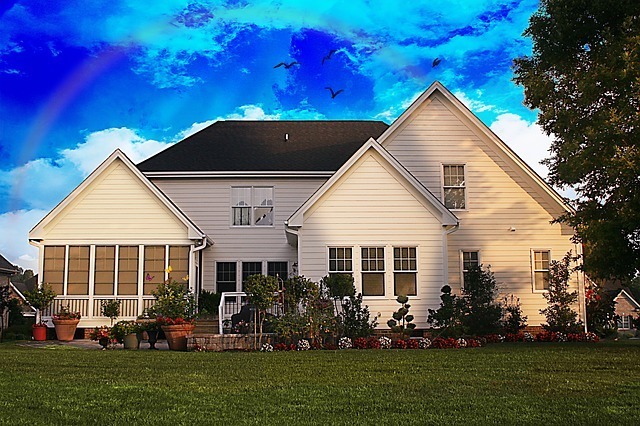Whether you are building a new house or looking to buy a new one or a resale house, you need to know a few things about sound insulation and soundproofing. This knowledge can spare you future headaches (literally) after you move into your new house.
More...
If you are building a new house, you have much more flexibility in deciding what kind of acoustic environment you want, as long as you know the critical building issues affecting sound insulation and acoustic comfort. And most people are unaware. Also, if you are renovating your new house before you move in, this is the time to consider soundproofing issues.
There are better ideas than relying on your builder or architect for soundproofing. More often than not, builders do not take the time to understand clients' acoustic environment needs and expectations. This leads to disappointment when the owner moves into his new house. Always consult a building acoustics consultant before the design is finalized.
I have for you here the key points you need to think about.
Sound insulation and traffic noise.
Your exposure to traffic noise inside the house depends on these factors:
- The traffic noise you will hear inside your home is affected by distance from the road, highway, or subway line. The greater the distance, the better.
- How much traffic noise you will hear inside the house is also affected by the acoustic quality of windows, doors, exterior walls, and attic insulation. Have your house inspector check these items. If you are replacing windows, look for good sound attenuation values.
- Bedrooms should be located on the back side of the house, away from road or highway. All bedrooms should have solid doors (not hollow lightweight doors) with weather-stripping, or better, with special acoustic seals.
- Proximity to a subway line (about 200 m or less) will create a low-frequency rumble in your house, particularly in the basement, each time a subway train goes by. This is virtually impossible to eliminate unless you are building a new custom house with a special foundation designed by an expert in architectural acoustics.
- If your house is near an airport, or under an airport’s flight approach path, you need to expect some noise. To completely eliminate noise disturbance in such a situation is possible. Still, it requires special features in your house that are best left to an architectural acoustics specialist, along with your architect, to design.
Floor plan of your house
The design of your house has a major effect on the acoustic environment. The modern open plan concept is not suitable if you need acoustic privacy. If your recreation room with a TV and surround sound music system has no doors, you must expect the sound to be heard throughout the house. Generally, each area that should contain sound must have doors. This sounds obvious, but many people do not consider it when looking at a marvelous new open-plan design concept.
Locating noisy rooms far away from sleeping quarters is also beneficial. For example, if your music room is in the basement and your bedrooms are on the second floor, you may get good sound separation.
Sound insulation of HVAC equipment
Ask yourself the following questions:
- How loud is the furnace?
- How loud is the external A/C unit and where is it located relative to sleeping quarters?
- Can you hear neighbour’s A/C unit in your new bedroom?
- Can you hear the furnace’s fan through air ducts?
Most of these issues can be corrected during construction or renovation with proper acoustic design considerations.
Exhaust fan noise
A loud kitchen exhaust or bathroom fan can be very annoying. Make sure that you install new fan units that are quiet. Most quality manufacturers list the loudness of fans in their specifications. Quiet bathroom fan units have a loudness of 2 sones or less.
Music room or home theatre
Building a music room or a home theatre is best done during initial construction or major renovations. If you need to prevent any sound from leaving or entering this room, special sound insulation design features must be considered and done by a specialist.
Basement suite or rental apartment
If your house includes a basement apartment, you need to consider acoustic privacy and sound insulation questions. The best approach is to locate the basement apartment away from your bedrooms (so that a tenant would not disturb you) and away from your kitchen (so that you will not disturb a tenant). This arrangement is only sometimes possible. Soundproof walls and ceiling/floor insulation should be built between your quarters and the basement apartment.
Semi-detached, townhouse, or high-rise condominium
If you are buying a semi-detached house or a condominium, it is essential to consider the question of acoustic privacy in advance. It is usually difficult to add sound insulation to an occupied house. More information is in my blog on soundproofing a semi-detached house and a condominium.
Please use the button below to obtain a no-obligation consulting quote in Toronto area from the author of this article.
We always appreciate your feedback. Please use the form below to submit your comments.
